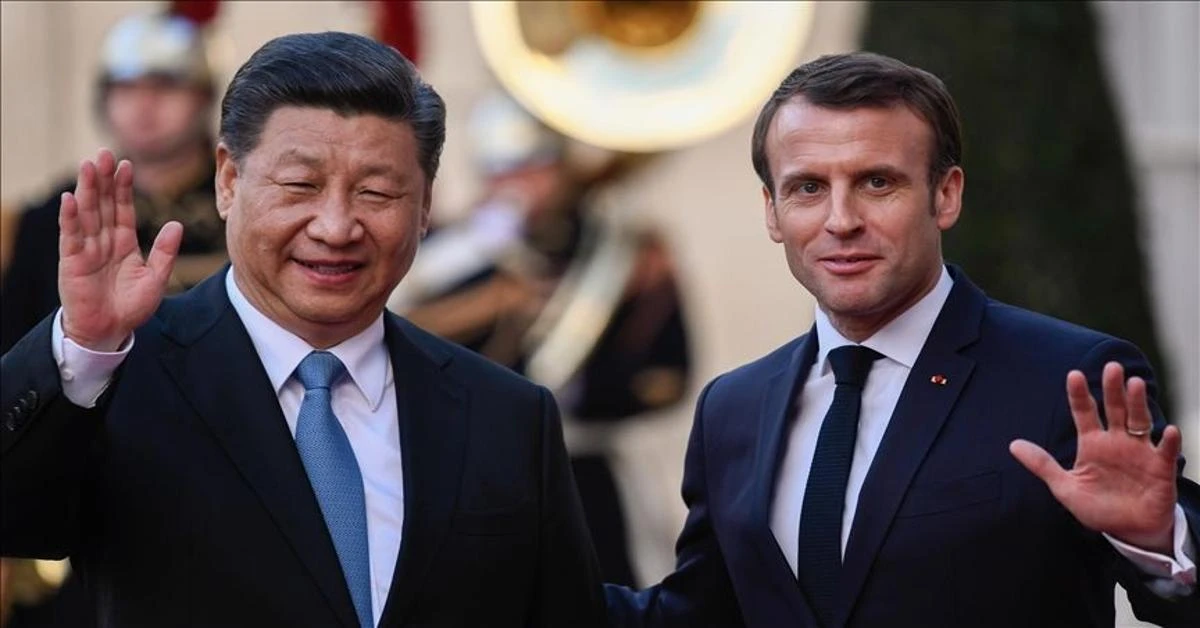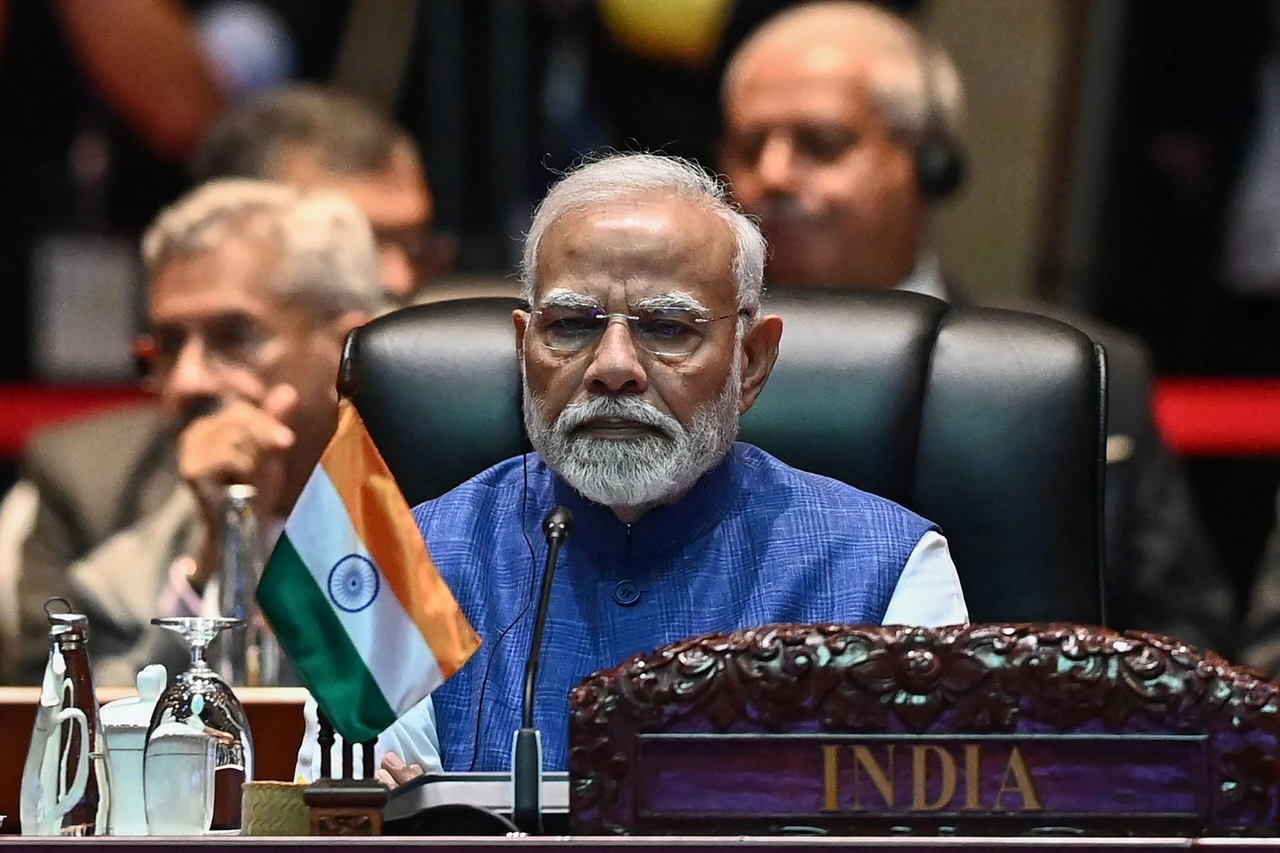Chinese President Xi calls on France to prevent ‘new Cold War’

Chinese President Xi Jinping urges France to collaborate in preventing a ‘new cold war,’ emphasizing mutual benefits and opposing supply chain disruptions during talks with French President Emmanuel Macron
China’s President Xi Jinping urged France to cooperate to prevent a “new cold war” as the EU increasingly adapts to U.S. concerns over security and trade tensions.
During a meeting with French President Emmanuel Macron, President Xi stressed the importance of safeguarding mutual interests and jointly opposing divergence and disruption in supply chains.
President Xi’s visit to Paris is his first trip to the European bloc in five years. He aims to convince Europeans of China’s economic opportunities despite cautious warnings from U.S. officials.
Tensions between the EU and China have escalated on several fronts, including Russia’s conflict in Ukraine and international trade.
Growing mistrust of Beijing in Brussels is reflected in recent arrests of alleged Chinese spies and trade investigations.
Although China has declared its “no limits” friendship with Moscow, supporting Russia against U.S.-led sanctions, President Macron has emphasized the importance of European security, especially in Ukraine.
Both leaders called for a global cease-fire during the Olympic Games scheduled to start in Paris at the end of July.
EU ready to defend its economy
On the other hand, European Commission President Ursula von der Leyen, who was present during the talks, reiterated that the EU is ready to defend its economies with all available tools if China fails to provide fair market access.
Reflecting U.S. concerns about state-sponsored overcapacity in green industries, the EU is adopting a tougher stance on trade relations with China.
Meanwhile, France supported the EU’s tougher approach, advocating strategic autonomy in technology and economic policy.
“No one can dictate our trade, economic and technology policy. We want it to be sovereign, meaning independence,” Macron stated.
According to China’s Foreign Ministry, in spite of these differences, both countries signed 18 bilateral cooperation agreements covering green development, aviation, and people-to-people exchanges, signaling continued efforts to bridge differences and promote cooperation.
Source: Newsroom



